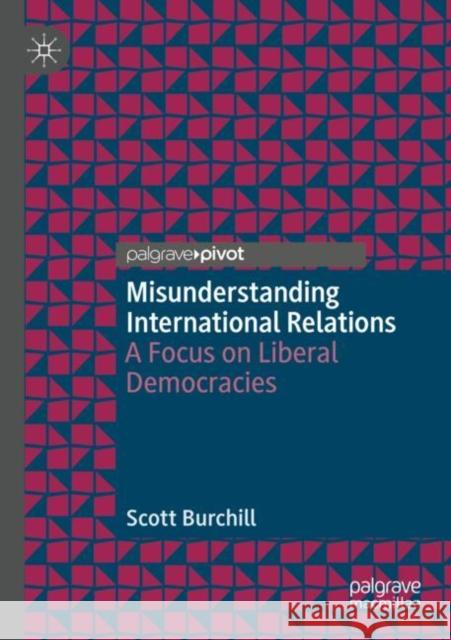Misunderstanding International Relations: A Focus on Liberal Democracies » książka
topmenu
Misunderstanding International Relations: A Focus on Liberal Democracies
ISBN-13: 9789811519383 / Angielski / Miękka / 2021 / 164 str.
Misunderstanding International Relations: A Focus on Liberal Democracies
ISBN-13: 9789811519383 / Angielski / Miękka / 2021 / 164 str.
cena 221,37
(netto: 210,83 VAT: 5%)
Najniższa cena z 30 dni: 212,02
(netto: 210,83 VAT: 5%)
Najniższa cena z 30 dni: 212,02
Termin realizacji zamówienia:
ok. 16-18 dni roboczych.
ok. 16-18 dni roboczych.
Darmowa dostawa!
Kategorie:
Kategorie BISAC:
Wydawca:
Palgrave MacMillan
Język:
Angielski
ISBN-13:
9789811519383
Rok wydania:
2021
Wydanie:
2020
Ilość stron:
164
Waga:
0.22 kg
Wymiary:
21.01 x 14.81 x 0.97
Oprawa:
Miękka
Wolumenów:
01
Dodatkowe informacje:
Wydanie ilustrowane











